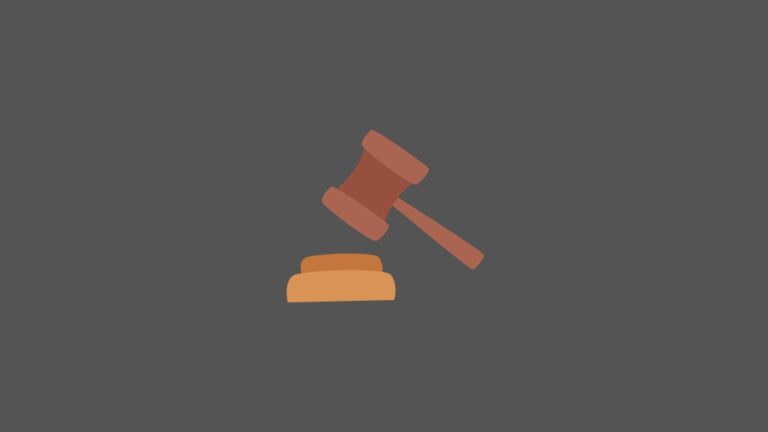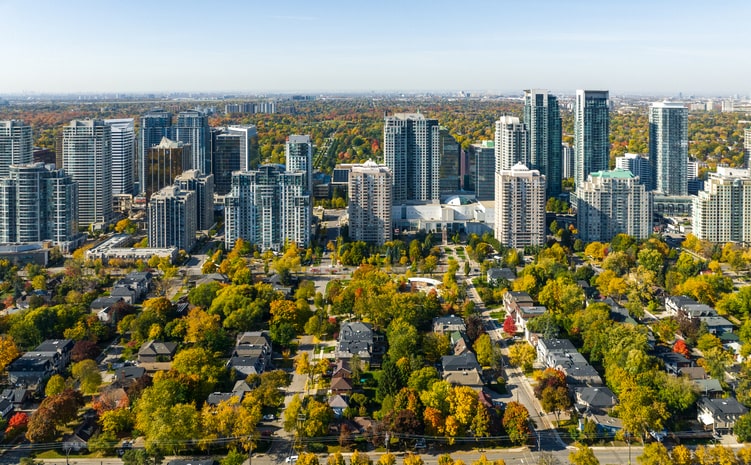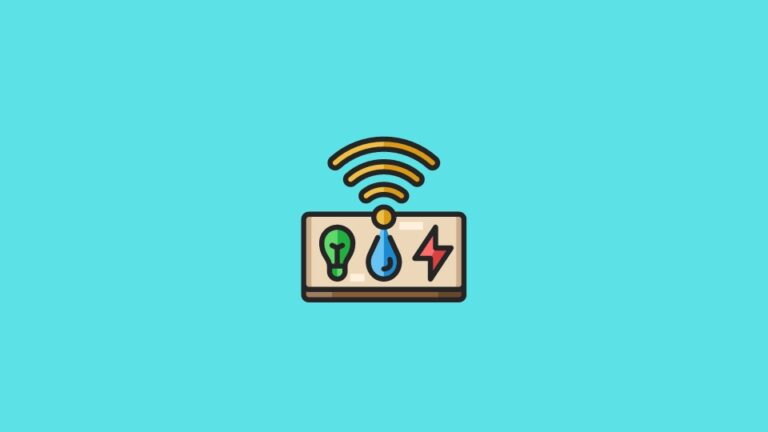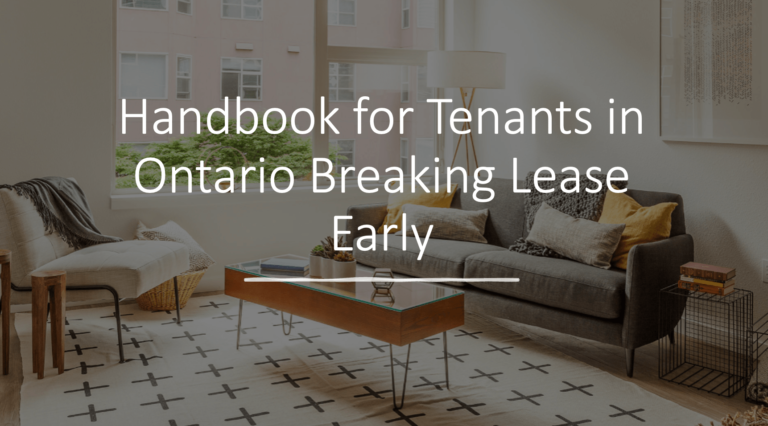Do Landlords Pay a Security Deposit Before Signing a Lease?
When looking for a new place to rent, you’ll often come across the term “security deposit.”
But what is a security deposit, and why do landlords require it?
In short, a security deposit is an amount of money that a tenant pays to their landlord to protect against any damage or unpaid rent that may occur during the lease period. This deposit and the first month’s rent are usually paid when signing the lease.
Landlords use the security deposit to cover the cost of repairing any damages or unpaid rent, so it’s essential to understand the terms of your lease agreement and how the security deposit will be used.
Additionally, there may be some common questions and concerns about security deposits, such as how much you’ll need to pay or how to ensure you get your deposit back at the end of the lease.
In this article, we’ll answer these questions and more to help you understand the ins and outs of security deposits.
Do You Pay a Security Deposit Before Signing a Lease?
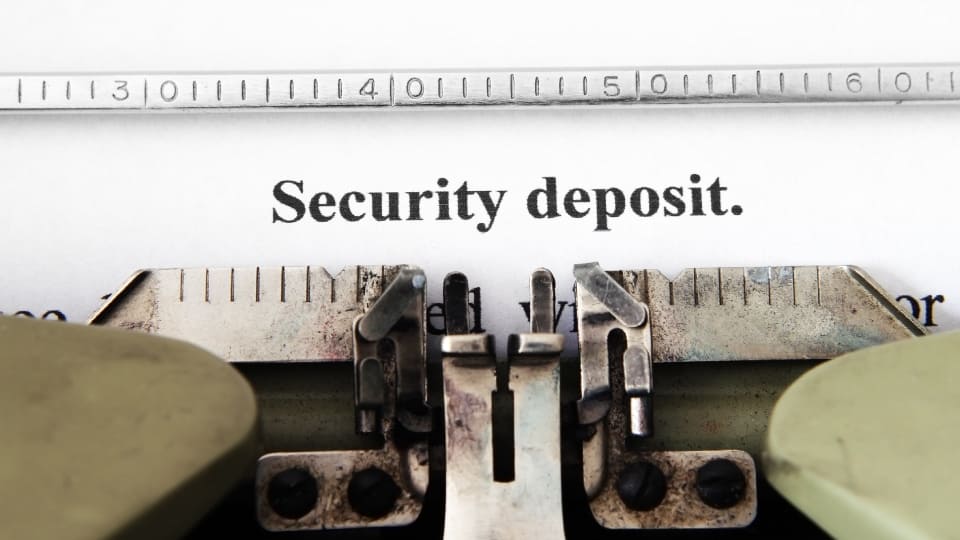
One of the questions that many renters have is when they are expected to pay their security deposit. The answer is that it’s usually paid at the time of signing the lease agreement, along with the first month’s rent. This means you’ll need to have the funds available before moving into your new home.
Landlords require a security deposit for a few reasons. First and foremost, it helps to protect their investment in the property. If a tenant causes damage beyond normal wear and tear, the landlord can use the deposit to cover the cost of repairs. Additionally, if a tenant fails to pay rent or leaves before the lease period ends, the landlord can use the deposit to cover any unpaid rent.
It’s important to note that you should only pay a security deposit with a signed lease or written agreement. Some unscrupulous landlords may ask for a deposit before a lease agreement, only to disappear with the money. Always make sure that you have a signed lease or written agreement in place before paying any money to a landlord.
How Much Is a Security Deposit?
Another important consideration regarding security deposits is how much you can expect to pay. The deposit amount can vary depending on several factors, including the state, city, and property in question. However, it’s typical for security deposits to equal one or two months’ rent.
It’s also worth noting that some states have laws limiting the amount landlords can charge for a security deposit. For example, in California, the security deposit cannot exceed two months’ rent for an unfurnished or three months’ rent for a furnished property. Check your state’s security deposit laws to ensure you’re being charged only what is legally allowed.
It’s essential to keep in mind that while a security deposit may seem like a large amount of money upfront, it’s ultimately there to protect both you and the landlord. By ensuring that the property is well taken care of and rent is paid on time, you can help get your deposit back at the end of your lease.
What Are the Rules for Returning Security Deposit?
Once your lease is up and you’re ready to move out, you’ll likely wonder about the rules for returning your security deposit. The rules for returning the deposit can vary by state and lease terms, so it’s essential to familiarize yourself with the specific regulations in your area.
In general, landlords must return the security deposit within a certain period after you move out. This period can vary, but it’s often around 30 days. During this time, the landlord will inspect the property to ensure that there is no damage beyond normal wear and tear. If there is damage, the landlord may use a portion of the security deposit to cover the cost of repairs.
If the landlord makes deductions from your security deposit, they must provide an itemized list. This list should include the cost of repairs or unpaid rent, as well as any other expenses that are being deducted from the deposit. If you feel that these deductions are unfair, you can dispute them and try to negotiate with your landlord to resolve them.
It’s essential to keep the property in good condition during your lease period and to follow the rules of your lease agreement to increase your chances of getting your full security deposit back at the end of your tenancy.
How to Avoid Losing Your Security Deposit?
Losing your security deposit can be a frustrating experience, especially if you were counting on that money to help with moving costs or other expenses. Fortunately, there are steps you can take to minimize the chances of losing your security deposit. Here are some tips to help you avoid losing your deposit:
- Follow the lease terms and rules: This may seem obvious, but following the rules and regulations in your lease agreement is crucial. This can include paying rent on time, not damaging the property, and notifying your landlord of any issues or repairs needed.
- Document the condition of the unit before moving in and after moving out: Take photos or videos of the property before you move in, and again after you move out. This can help to provide evidence of any damage that was present before you moved in and can also help to show that you left the property in good condition.
- Report any damages or repairs needed during the tenancy: If you notice any damage or repairs needed during your tenancy, report them to your landlord as soon as possible. This can help to prevent further damage from occurring and can also help to show that you were responsible in caring for the property.
- Clean the unit thoroughly before leaving: Before you move out, clean the property thoroughly. This can include things like sweeping, mopping, and wiping down surfaces. This can help to ensure that the property is left in good condition and can also help to prevent any deductions from being made from your security deposit for cleaning costs.
Following these tips can minimize the chances of losing your security deposit and ensure you get your full deposit back at the end of your tenancy.
Conclusion
In conclusion, a security deposit is a common requirement for renting a property, but it’s essential to understand your rights and responsibilities as a tenant. By paying attention to the deposit amount, the rules for returning it, and avoiding losing it, you can protect yourself and your finances.
Some important things to remember are following the lease terms and rules, documenting the condition of the unit, reporting any issues or repairs needed, and cleaning the property thoroughly before you leave. It’s also important to know your state’s laws regarding security deposits, as there can be variations in how they are handled.
A security deposit is designed to protect the landlord’s property and ensure that the tenant takes care of it during their tenancy. Understanding your responsibilities and taking steps to meet them, you can ensure you get your full security deposit back when you move out.

